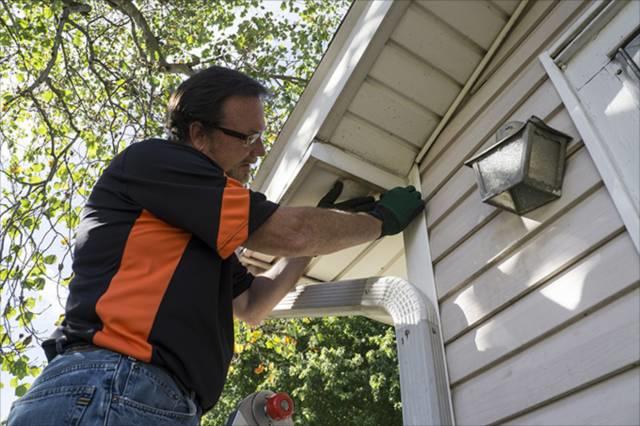Self-Care – Radiating Pain Under the Shoulder Blade
Table of Contents
- Activities to Avoid or Change
- For Temporary Relief
- Stretches and Exercises for Longer-Lasting Relief
- Yoga Corner
Activities To Avoid or Change:
Here, you will find strategies for effective relief o the nagging pain under the shoulder blade created by iliocostalis cervicis, If you’d like to read more about how people describe this and the activities that aggravate it, look at this other post.
Acute or Chronic
If this is acute and sharp, you will have to be very careful with remaining upright and avoiding bending and breathing deeply. So yeah, just get it fixed. This trigger point will be a little aggravating in most movements until you get this released.
If this is chronic, it is easier to manage. For example, when you are out on a walk, focus on keeping your head back over your hips with your chin down. It will be particularly difficult to keep your head back when walking uphill. Even if you don’t have a slumped posture, doing dishes, working on a low bench, and other stooped activities will aggravate it.
SeatedPosture
When I get this, I am especially careful about how I sit until it is released. Again, keeping your head back over your hips and your chin down is helpful.
This post helps with seated posture. It has suggestions for people with athletic bodies and people who need a little extra support. Also, there are suggestions for accessories that make seated work comfortable and pain-free.
For Temporary Relief:
Pain Patch
A vapocoolant patch, like the medium-sized SalonPas patches, consistently offers relief when this is nagging you. So, it will work if you put it just about anywhere back there but will be most effective over the spot with the asterisk. A patch in that area covers the trigger point and the joints that perpetuate the pattern. You can find vapocoolant patches on Amazon.
These self-care activities, like over-the-counter drugs, are not intended to replace appropriate medical attention. If you have concerns about these self-care activities, get help from a professional. Use these suggestions and strategies with discretion and at your own risk. See your doctor when your pain is severe, persistent, or not responding to these simple suggestions.
Stretches and Exercises for Longer-Lasting Relief:
Releasing Stuck Joints
This technique is a simple and easy way to loosen the joint perpetuating this problem.
- Lay across the edge of a table, counter, or some other firm edge.
- Reposition yourself so that edge presses into the tender spot
- Relax your chest and back so that you sink into the edge
- Slowly pull your head forward while relaxing and sinking into the edge
- Listen for the click
- Feel the immediate relief
The click is the sound of an air bubble that moves across the joint as it frees up. By the way, it won’t click a second time, as it takes the air bubble about 20 minutes to move back across the joint. However, you may be able to reposition or stretch a little further to mobilize other joints.
This maneuver usually offers quick relief to sharp and chronic pain but may leave a shadow of residual pain for a bit.
The yoga wheels below offer a similar and more intense version of this. In the upper back, some clients find it hard to balance.
Breathing Exercises
These breathing exercises for upper back pain are great for gently releasing the joints that perpetuate this trigger point. It is gentler and easier for clients with balance problems. It also helps to open the chest, retrain breathing, and improve posture.
I’d love your feedback on how this works for you and any suggestions you might have.
Email me at integrativeworks@gmail.com.
Yoga Corner
Balance Postures
Take your time with difficult standing postures that twist. Postures that twist and reach above your head are likely to pinch the upper back joints and aggravate this trigger point.
The Yoga Wheel
Yoga wheels are a great way to release this trigger point. Also, they’re great for loosening the entire back. I have a set. And, I use them regularly. Also, I recommend them to clients, and most of them love them. Once in a while, they don’t work for folks, But they know within a few uses and return them. Get a set with 3 sizes. Also, avoid the ones that are too wide to roll between your shoulder blades. There is an amazing selection of them on Amazon.
Support Integrative Works to
stay independent
and produce great content.
You can subscribe to our community on Patreon. You will get links to free content and access to exclusive content not seen on this site. In addition, we will be posting anatomy illustrations, treatment notes, and sections from our manuals not found on this site. Thank you so much for being so supportive.
Cranio Cradle Cup
This mug has classic, colorful illustrations of the craniosacral system and vault hold #3. It makes a great gift and conversation piece.
Tony Preston has a practice in Atlanta, Georgia, where he sees clients. He has written materials and instructed classes since the mid-90s. This includes anatomy, trigger points, cranial, and neuromuscular.
Question? Comment? Typo?
integrativeworks@gmail.com
Follow us on Instagram
*This site is undergoing significant changes. We are reformatting and expanding the posts to make them easier to read. The result will also be more accessible and include more patterns with better self-care. Meanwhile, there may be formatting, content presentation, and readability inconsistencies. Until we get older posts updated, please excuse our mess.

